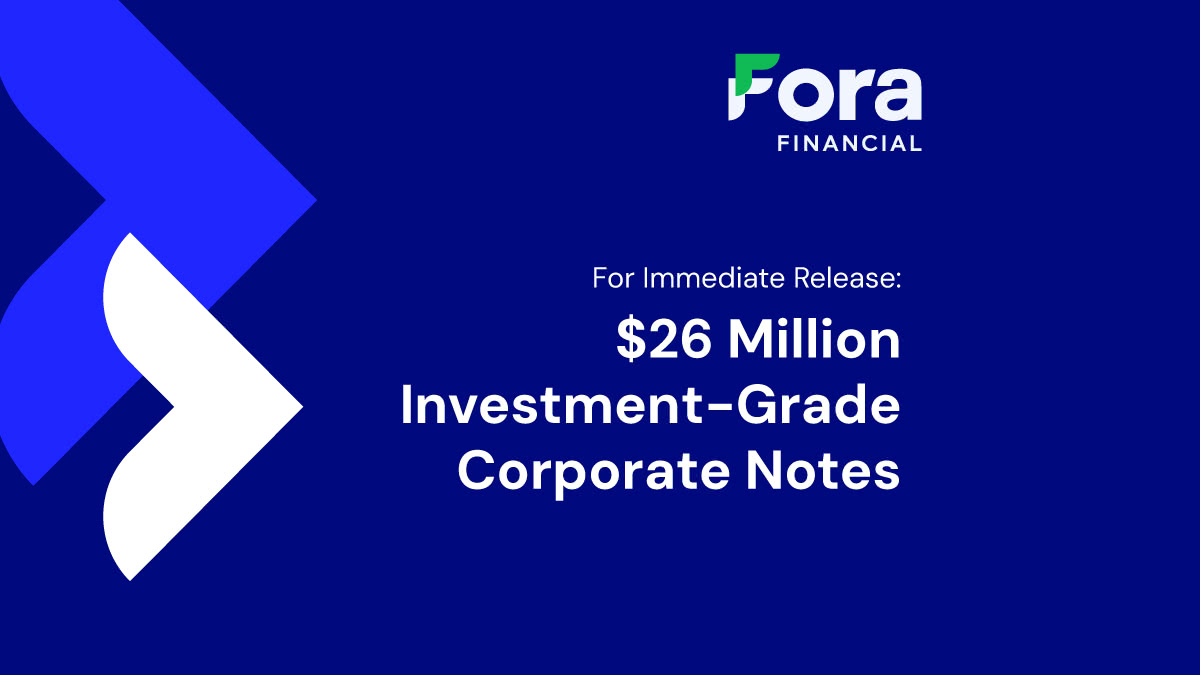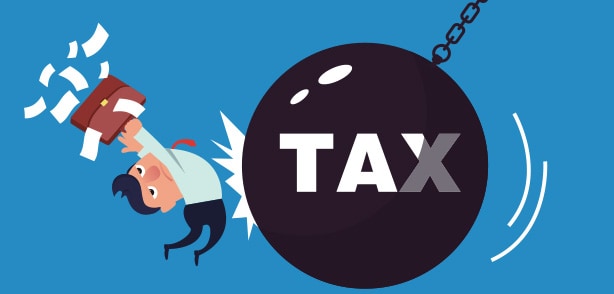How to Pick the Best Financing Terms on a Business Loan

Businesses can have many great reasons for seeking working capital – getting up and running, expanding operations, or even just buying additional inventory at a bargain price. When used smartly, borrowed capital can reduce the stress of growing a business and keeping up with overhead expenses.
As you shop the options, you've likely noticed a range of repayment terms – anywhere from one year to ten years or more. Lenders offer variable timeframes because they know that a business loan must have as little impact on a firm's monthly cashflow as possible.
You'll be better prepared to make smart financing decisions when you take these steps:
Step #1: Understand the impact of interest payments.
Interest payments add to your total loan cost dramatically: the longer the terms, the higher your total interest payment will be. This means the cost of borrowing, say, $50,000 fluctuates widely, depending on whether you take one, five, or ten years to pay it back.
It may sometimes make sense to aim for a long-term, lower-interest loan if you know that larger payments will burden your cashflow. What's more, if your long-term loan has no pre-payment penalty, you can pay it off much sooner and reduce interest charges.
Step #2: Safeguard your cash flow.
Maintaining healthy cash flow is a crucial challenge for any small business owner. With this in mind, you need to seek terms with payment dates and amounts in sync with your projected revenue and overhead expenses. If you don't, and your cash flow takes a hit, you risk not meeting rent, utility or even payroll obligations.
In some cases, lenders may be open to setting a monthly payment date that works best for you. But to do that, you must first have a firm grasp on your regular revenue and overhead expense.
Step #3: Work on your credit score, as needed.
Lenders prefer working with business owners who can show a strong credit history – and that, in most cases, means your personal credit score and payment record. If your score is 640 or lower, you'll likely be declined, or pay a significantly higher interest rate.
Before applying for a small-business loan, try improving your credit score by:
Paying your personal and business bills on time, all the time.
Correcting any errors in your credit report with the appropriate credit bureau(s).
Not cancelling your oldest credit lines – even if you're not using them. Doing so will reduce your credit history and reduce your credit score.
Finding the right small business loan term is a matter of knowing your firm's priorities: Choose a term that's too long and pay a high amount of interest; Select a term too short, and you risk not meeting your monthly obligations. But whatever you do, go in with your eyes wide open. When you're adding a bill to your balance sheet that may appear for five years, ten years, or maybe longer, it has to fit into your long-term business plan for growth and success.
Loan Terms Defined
Learn the pros and cons of different loan terms:
| Loan Type | Length | Pros | Cons |
|---|---|---|---|
| Short-term | One year or less | Quick cash, flexible usage guidelines, generally higher approval rates; Short-term impact, if any, on day-to-day operations | Lower loan-amount caps; Higher interest rates; May require frequent payments |
| Medium | One to five years | Higher loan limits and lower interest rates; Can help in building credit history | Time-consuming application process; May require collateral; Potential overextension of debt over longer term |
| Long-term | Five years or longer | Higher loan limits; Low fixed-interest rates; Builds credit; Minimal cash-flow impact | Carrying long-term debt may be hard during lean periods; Strict usage guidelines on capital may apply |
Since 2008, Fora Financial has distributed $4 billion to 55,000 businesses. Click here or call (877) 419-3568 for more information on how Fora Financial's working capital solutions can help your business thrive.






